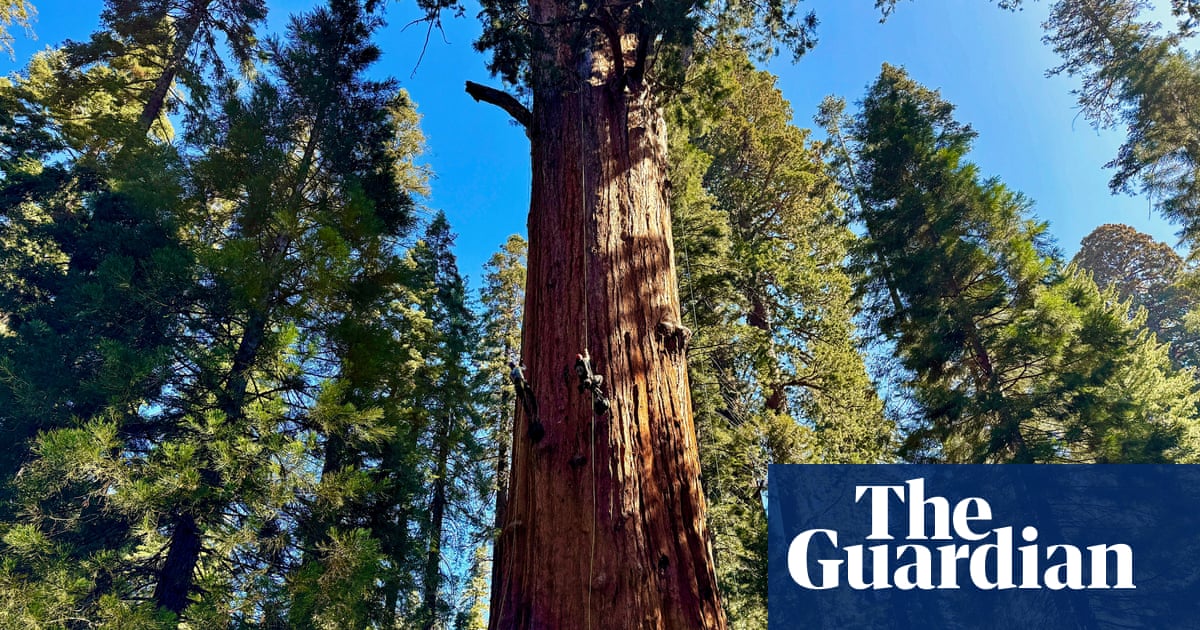
Tree bark plays vital role in removing methane from atmosphere, study finds
The greenhouse gas is a product of agriculture and the burning of fossil fuels and is 28 times more potent than carbon dioxide. However, it remains in the atmosphere for a shorter time.
Methane has been responsible for about 30% of global heating since preindustrial times, with emissions currently rising at their fastest rate since the 1980s.
The team behind the study by the University of Birmingham, published in the journal Nature and led by Prof Vincent Gauci, investigated methane absorption levels in upland tropical forests in the Amazon and Panama; temperate broadleaf trees in Wytham Woods in Oxfordshire in the UK; and boreal coniferous forest trees in Sweden.
Methane absorption levels were found to be the highest in tropical forests, probably thanks to the microbes’ ability to thrive in warm and wet conditions.
Previously, soil was thought to be the only terrestrial sink for methane, with bacteria in the soil able to absorb the gas and break it down to use as an energy source. But Gauci said the research highlighted “a remarkable new way in which trees provide a vital climate service”.















